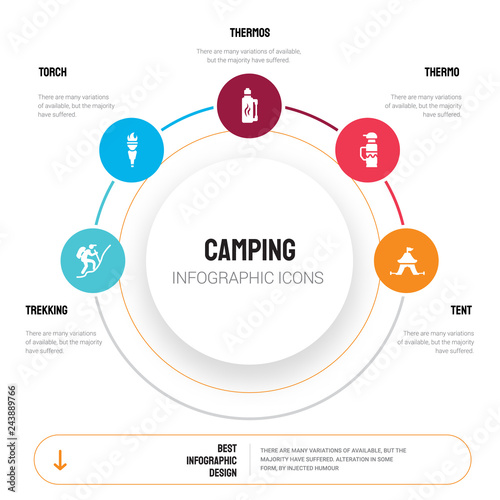Selecting the right frame product is crucial for event tents. Whether it's layered steel for budget plan tents or plated light weight aluminum for heavy-duty applications, there are many factors to consider to bear in mind.
Steel frames prevail in lower-priced pop-up tents however are prone to corrosion despite coatings and need normal maintenance. Light weight aluminum is lightweight, naturally stands up to rust, and stands up well in moist or coastal settings.
Steel
When it comes to making sure the resilience of personalized tents, the product made use of in their frameworks plays a vital role. Steel and light weight aluminum alloys both offer premium sturdiness, yet each offers one-of-a-kind benefits that make it suitable for various sorts of environments. Steel is suitable for sturdy conditions, while light weight aluminum master resisting rust and decreasing maintenance costs.
When occasion hosts pick the best camping tent for their demands, they need to think about elements like anticipated weather conditions. For instance, framework outdoors tents often carry out much better in gusty or rainy conditions than pole tents since they do not rely upon a central pole to support the framework. Nonetheless, the links between frame pieces can deteriorate in high stress and anxiety situations. Identifying these weaknesses and carrying out routine examinations can aid avoid prospective damages.
Steel structures are tough to cut, weld or shape, which can need specific devices and raise labor prices. In addition, they tend to rust or rust quickly and might require additional protection or finishings. Furthermore, steel is really hefty and can create issues when transferring a canopy. It's likewise tough to save for extended periods of time because it takes up much more space than aluminum frameworks.
Aluminum
Aluminum is a prominent framework product for cover camping tents since it's light-weight, rust-resistant, and very easy to move and establish. It also provides a more stable shelter during gusty conditions than steel frames. Aluminum is less prone to tearing and any type of damages can be conveniently fixed, lengthening the life of the tent. It also breathes to decrease condensation and uses premium acoustic insulation to dampen outside noise.
The longevity of aluminum framework outdoors tents is even more boosted by the natural oxidation residential properties of the metal. It creates a small oxide layer that shields the surface from rust and discolorations. As such, the longevity of a light weight aluminum turn up camping tent can be boosted also further when the framework is plated.
Anodized aluminum is stronger than steel and can stand up to high wind rates. On top of that, the coating withstands rust and spots, expanding the life-span of the tent. Moreover, anodized aluminum is recyclable and sustainable, making it perfect for companies seeking LEED accreditation. The combination of these homes makes light weight aluminum a much more affordable choice than steel for large, heavy-duty camping tents, such as those utilized to accommodate commercial tools and storehouse stock. Steel, on the other hand, is more pricey due to the fact that it needs expensive alloys such as nitrogen, molybdenum, and chromium to boost toughness.
Iron
Iron framework tents typically last approximately tent ventilation 15 years if the ideal care and upkeep is used. This includes routinely cleansing material and examining steel parts for deterioration and wear. By taking these measures, event hosts can make best use of the reliability of their structures and ensure their ongoing performance in challenging settings.
Steel is an optimal material for creating long lasting tents, especially for usage in severe weather conditions. It is a solid, durable, and economical product that uses stability and durability for a large range of applications. However, steel is prone to rusting in moist and seaside settings. The addition of safety layers and routine maintenance can assist to mitigate this danger, but these initiatives enhance total maintenance prices.
In contrast, light weight aluminum is a much more durable option for a custom outdoor tents because of its all-natural oxidation residential properties. When anodized, light weight aluminum becomes super-strong and approximately three times tougher than basic light weight aluminum alloys. This makes anodized light weight aluminum the second-hardest substance beside diamond (satellites, aircraft, and army cars all make use of anodized aluminum). Along with its resilience, plated aluminum is likewise more immune to corrosion than steel. These elements make light weight aluminum an excellent selection for pop up cover outdoors tents and contribute to their capacity to carry longer service warranties (5, 7, and even lifetime structure guarantees). Additionally, aluminum is 1/3 the weight of steel permitting a much thinner frame style for even more customization choices and raised strength.
